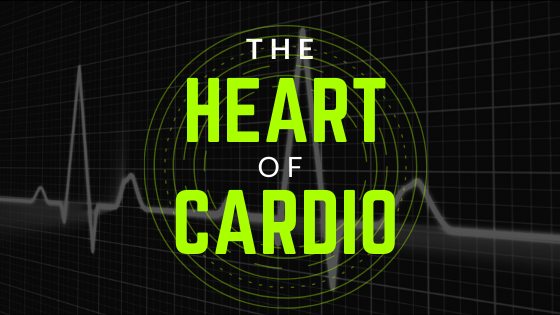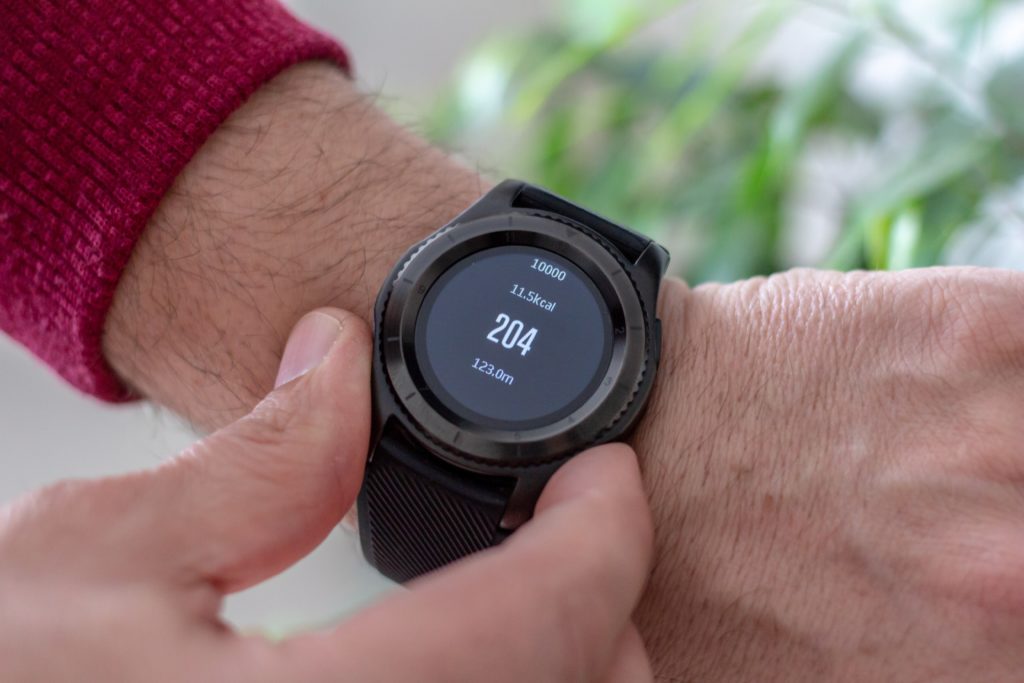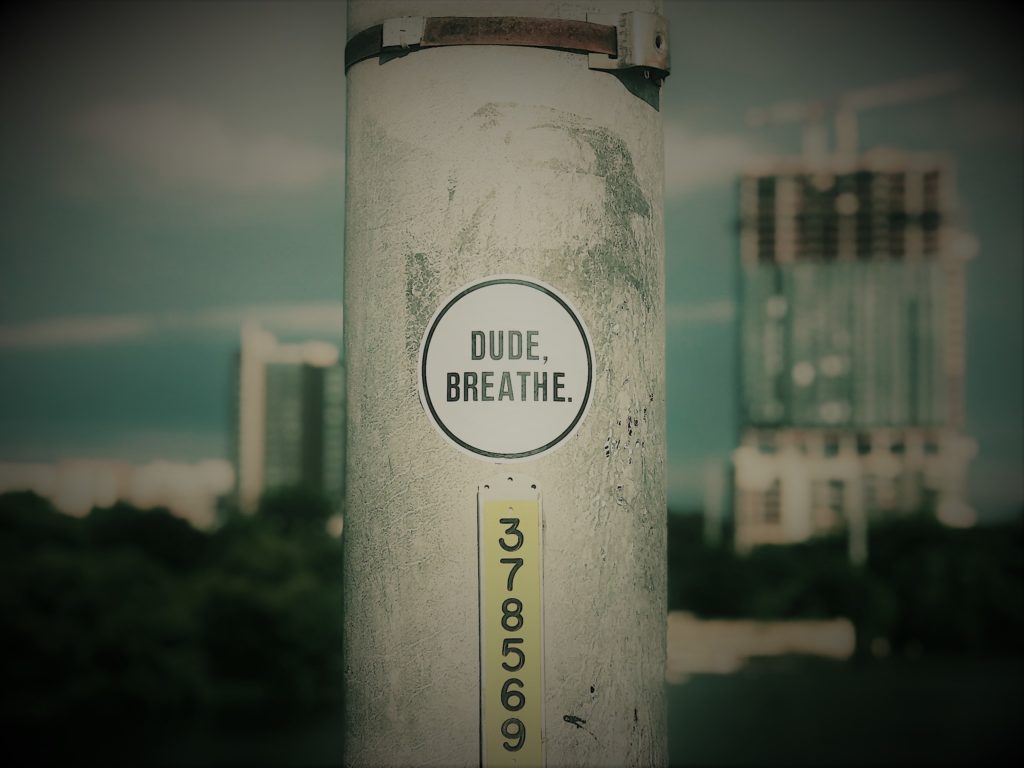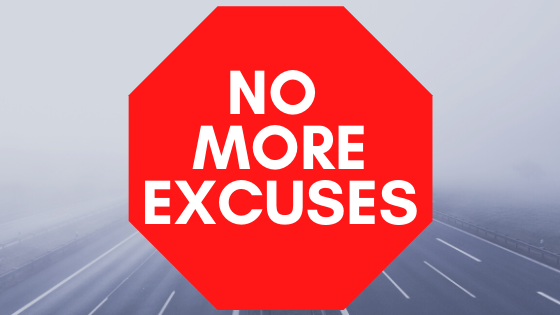
The “Heart” of Cardio
You’re starting to get into exercising again. You decide to try cycling to add some variety into your cardio. You notice when you begin to increase your speed that your symptoms spike. You’ve hit a wall and can’t seem to get over it. What do you do?
Some people experience this post-concussion. Their heart rate spikes when exercising which makes it difficult to get better. This is because your body is constantly stuck in “fight or flight” mode. Too much stimulus will send your heart in orbit. How then do you exercise without your heart spiking causing a quick onset of symptoms?

I had this issue as well. I would increase the pace of my walk or try cycling for seven minutes or so. By the time I was done, I felt dizzy, exhausted, and a headache brewing. My physiotherapist recommended I buy a Fitbit or something to monitor my heart rate.
I went out and spent $120 on a new watch. She told me to start with my heart rate around 115 beats per minute, then increase my length and speed as I adapted. The problem was that my heart rate stayed around 60-80 beats per minute at rest.
If I was cycling, I would quickly reach the 115 beats per minute. Then it was a challenge to maintain that without it spiking to 140. If I was walking, I had to almost jog or run to get it to that heart rate. Eventually, I gave up because it seemed to stressful to try and keep everything in balance. I still felt awful regardless.
The biggest “win” I’ve found is slow and steady. You can tell on your own if your heart rate is spiking or not. You’ll notice either by some pounding in your chest, or, by the quick onset of symptoms. Use this as your gauge. Start to pay attention to how your body feels. Tracking that is more important.
Start out small and do a couple minutes of walking. If you do this in the morning, see how you feel in the afternoon. If there’s no ill effects, try 4 minutes the next day. Only go up to the point you start to feel symptoms.
When you reach that marker, ease off a bit. For example, if you notice any symptoms at five minutes of exercise, ease off to four minutes. Do four minutes of walking or cycling for two weeks. When you are confident and comfortable, up it by another minute. You shouldn’t feel symptoms at the five-minute mark now. If you do, but they are barely noticeable, stick to five minutes. If they are a bother, try four and a half minutes.

There are a couple reasons why this is important:
1) Your body will adapt to getting some form of exercise. This will cause your heart rate to adapt as well. Your body is used to being in a rested state. Any form of exercise will initially come as a shock. Your blood will start flowing quicker, sending a bit of a rush to your brain. By easing into exercising, the baby steps will give your body a chance to adjust. It’ll get used to the routine and the shock will lessen with time.
2) Your brain is in a constant inflamed state. It needs the blood and nutrients to get to it to help in recovery. Exercise is important in aiding this. Since it is inflamed it is more easily triggered. This is also why taking things slowly is important. If you keep pushing it too much, you’re going to regress yourself right back into bed. Trust me, I’ve learned this the hard way.
3) You will notice that the more you can do and the longer you stick with this, the more energy you’ll have. By advancing little by little, you’re building up stamina and resistance. Your body will accept the change and give you the energy you need.
4) As I mentioned last week, little victories in your day are also key. Yes, there’s a lot you can’t do right now. So, do a few little things that you can. In time, you’ll be able to do more and more.
Doing things slowly and having patience is a very hard lesson to learn. It can be a painful process, especially if you were a go-getter before your accident. If you stick with this, you will see successful changes. You will be encouraged and able to do more. Watch in your excitement that you don’t overdo it though. Keep that slow balance.

The more you stick with this and apply it to other areas of your recovery, the better you’ll be in general as a person. Discipline and delayed gratification are essential lessons we’ve lost in our culture. If you can do this, you’ll live a more contented life. You’ll work harder and you’ll be able to fully enjoy the victories when they are achieved. So, keep going. Stick with it. You’ve got this!



Leave a Reply